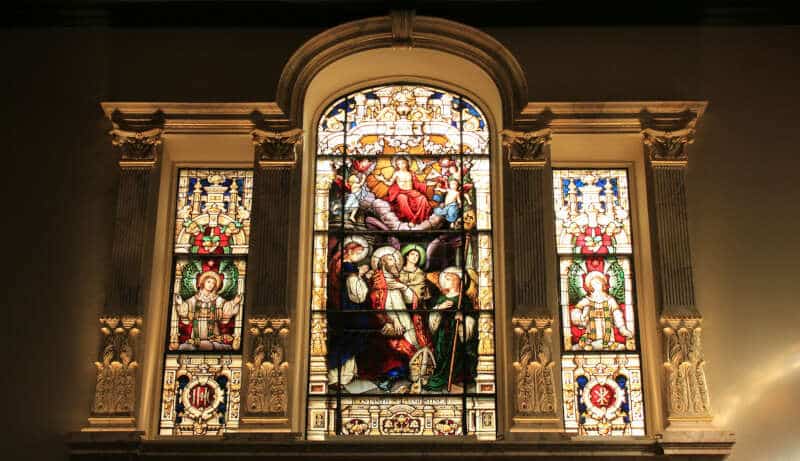The City of God was considered by St. Augustine to be his masterpiece. He wrote it between 413 and 426. The preseason for the story’s writing was very pragmatic as he sought to answer a major question of the church at the time. St. Augustine in The City of God exhorts men to live by faith so they can get to God’s holy city and not be damned for their sins. His text’s purpose is to defend it against those who prefer their gods to the one true God of Christianity. Do you own this classic work?
22 Books To Learn from The City of God
The City of God is an argument by St. Augustine against polytheism, which was prevalent at the time. You have to understand the chaos of the time. The Roman Empire, which had existed for a thousand years, was disintegrating. The City of God is divided into 22 books.
In Book 1, the Preface, Augustine addresses the question of Marcellinus, who died in 304. A Roman official and Christian asked whether the practice of Christianity was incompatible with the requirements of Roman citizenship. St. Augustine wisely sidesteps the question.
Book 2 continues Augustine’s defense of the Christians. Several examples illustrate how Rome’s gods did not protect the people from disasters and misfortunes. Book 3 is about the catastrophes that affected the Roman Empire during the reign of their first emperor, Caesar Augustus (63 BCE–14 CE). He was determined to be seen as a Roman god as his army built a prosperous city. However, St. Augustine argued that the gods cannot be relied on to avoid evils or obtain the good things of temporal life.
In Book 4, the Saint saw that “the great good empire” was built out of war, conquest, and greed. He disproved Rome’s traditional gods were responsible for what became the imperial power of Rome. Book 5 had the Saint explain why the gods were not responsible for the Roman Empire’s greatness. He argues why the Christian God allowed Rome to prosper and grow.
In Book 6, St. Augustine answers the question of why the gods deserve to be worshipped for the sake of rewards they might bestow on human beings in the afterlife. He continues to explain theology in Book 7. He juxtaposes his argument with that of a prominent Roman Philosopher, and St. Augustine unmasks the Roman gods as imposters.
Having dismissed Varro’s questionable mythical and civic theologies, Augustine turns to philosophical theology in Book 8. He chooses what he sees as the best of the philosophers, Plato and the Platonists, to determine the merits of philosophy in discerning religion.

Book 9 continues the discussion of demons and contends there is no such thing as a good demon. Book 10 further expounds on why the good angels should not be worshipped to gain happiness in life after death. The second part of The City of God, beginning with Book 11, focuses on the heavenly and earthly cities. Good and evil angels are further discussed in Book 12.
The meaning of the death of the body and the soul is the subject of Book 13. It is the doctrine of the resurrection of the body. In Book 14, St. Augustine elaborates on two types of human societies—those that live by the flesh and those that live by the spirit.
St. Augustine turns to Bible stories beginning in Book 15 and continuing through Book 18 to trace the history of the two cities Earthrth. He explains the entire history of Christianity up to that point. The end of the two cities—the supreme Good and the supreme evil—is the subject of Book 19.
Book 20 explains that on the day of judgment, both good and evil people will experience bodily resurrection and will enjoy eternal happiness or suffer eternal punishment of both body and soul. St. Augustine then describes the eternal punishment of the damned in Book 21. In the final book of The City of God, St. Augustine presents a view of the blessedness of the Holy City following the last judgment.
Conclusion
The City of God is a classic that will be a valuable part of anyone’s library. Though St. Augustine’s teachings preached Christianity, he became the core definition of Catholic beliefs. The Saint viewed this work as the definition of his life, and it reads that way. It also led philosophers to understand his views as orthodox, but his history remains a key study of the Christian Doctrine.








